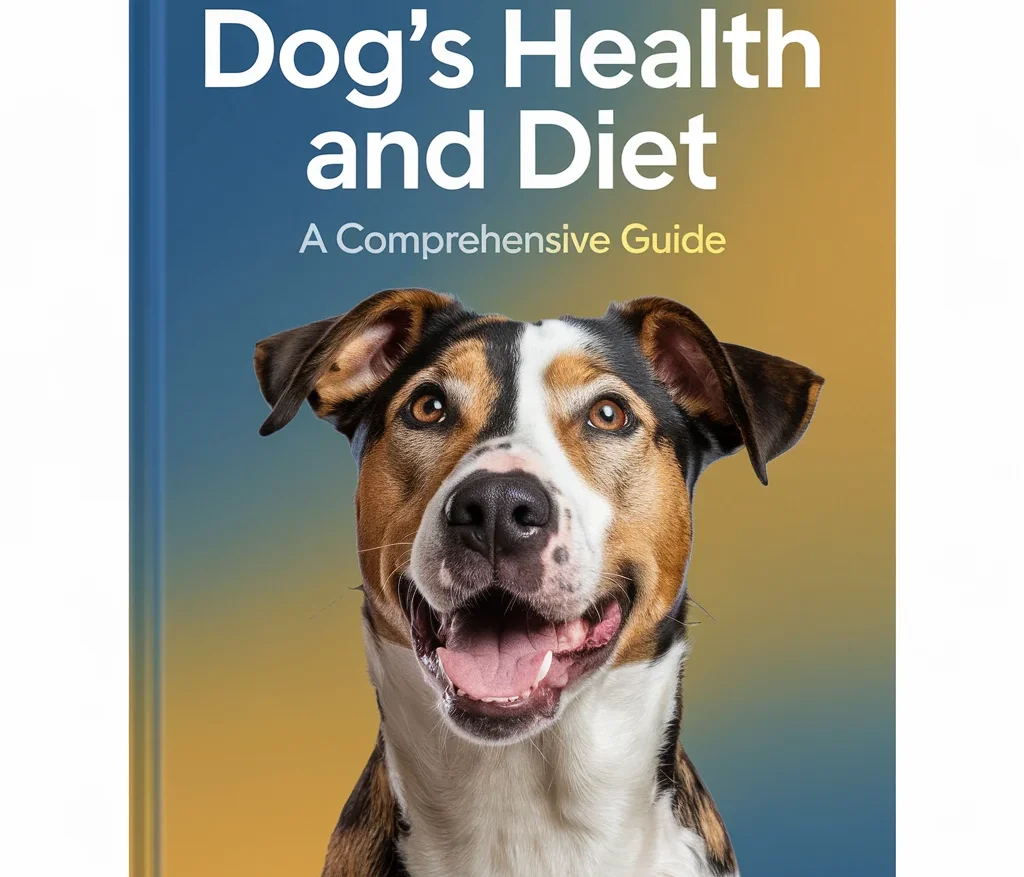Dog’s Health and Diet: A Comprehensive Guide

Maintaining your dog’s health is a combination of proper nutrition, regular exercise, and routine veterinary care. Understanding the dietary needs of your canine companion is essential for promoting their overall well-being. Here’s a detailed guide to help you provide a healthy diet and lifestyle for your dog.
1. Understanding Nutritional Needs
Dogs require a balanced diet that includes the following essential nutrients:
- Proteins: Essential for growth, maintenance, and energy. Good sources include high-quality meat, fish, eggs, and plant-based proteins.
- Fats: Provide energy and help with nutrient absorption. Look for healthy fats from sources like fish oil, chicken fat, and flaxseed oil.
- Carbohydrates: Provide energy and can include grains, fruits, and vegetables. While not essential, they can aid in digestion and provide fiber.
- Vitamins and Minerals: Essential for various bodily functions. A complete and balanced commercial dog food will usually meet these needs, but supplements may be necessary in certain cases.
2. Choosing the Right Dog Food
When selecting dog food, consider the following:
- Life Stage: Puppies, adult dogs, and senior dogs have different nutritional requirements. Choose food formulated for your dog’s specific life stage.
- Size and Breed: Large and small breeds have different dietary needs. Large breed puppies, for example, require food that helps control growth to avoid joint issues.
- Quality Ingredients: Look for high-quality dog foods that list real meat as the first ingredient and avoid those with fillers, artificial colors, or preservatives.
Types of Dog Food:
- Dry Kibble: Convenient and helps maintain dental health through crunching. Ensure it’s high in quality.
- Wet Food: More palatable and hydrating, but can be higher in calories and less effective for dental health.
- Raw Diet: Some owners choose a raw food diet (BARF – Biologically Appropriate Raw Food) consisting of raw meat, bones, and vegetables, but it requires careful planning to ensure nutritional balance.
- Home-Cooked Meals: Can be tailored to your dog’s needs but should be formulated with the help of a veterinarian to avoid nutritional deficiencies.
3. Portion Control and Feeding Schedule
- Determine Caloric Needs: Consult your veterinarian to calculate your dog’s daily caloric needs based on age, weight, activity level, and health status.
- Feeding Frequency: Puppies typically require 3-4 meals a day, while adult dogs can be fed twice a day. Senior dogs may benefit from smaller, more frequent meals.
4. Healthy Treats and Snacks
- Healthy Treat Options: Choose low-calorie treats, such as baby carrots, apple slices (without seeds), and small pieces of lean meats. Treats should not exceed 10% of your dog’s daily caloric intake.
- Avoid Harmful Foods: Some human foods can be toxic to dogs, including chocolate, grapes, raisins, onions, garlic, and avocados.
5. Regular Exercise and Mental Stimulation
A balanced diet alone is not enough. Regular physical activity and mental stimulation are crucial for your dog’s health. Engage in daily activities such as:
- Walks: Regular walks help maintain a healthy weight and provide mental stimulation through new sights and smells.
- Playtime: Interactive play with toys or games like fetch can keep your dog physically fit and mentally sharp.
- Training: Teaching new tricks or commands provides mental challenges and strengthens the bond between you and your dog.
6. Routine Veterinary Care
- Regular Check-Ups: Schedule annual veterinary visits for vaccinations, dental care, and general health assessments.
- Weight Management: Regularly monitor your dog’s weight to prevent obesity, which can lead to various health issues.
- Dental Health: Oral care is vital; brush your dog’s teeth regularly and provide dental treats to promote oral hygiene.
Conclusion
Providing your dog with a balanced diet and a healthy lifestyle is key to their overall well-being. By understanding their nutritional needs, choosing high-quality food, and incorporating regular exercise and veterinary care, you can ensure that your canine companion lives a long, healthy, and happy life. Always consult your veterinarian for personalized dietary recommendations and health advice tailored to your dog’s specific needs.



